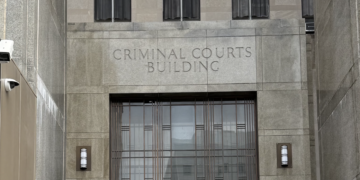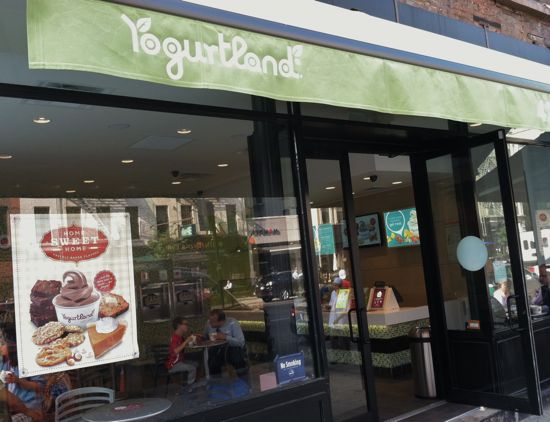 On Tuesday, Democratic mayoral nominee Bill De Blasio answered questions on Reddit, a website that allows users to chat with each other and with guests. One question he answered was from Jeremiah Moss, who runs the excellent blog Vanishing New York. It dealt with the loss of small businesses in the city. In his answer, De Blasio said he liked the rezoning last year that limited the size of storefronts on the Upper West Side and sees it as a model for the rest of the city:
On Tuesday, Democratic mayoral nominee Bill De Blasio answered questions on Reddit, a website that allows users to chat with each other and with guests. One question he answered was from Jeremiah Moss, who runs the excellent blog Vanishing New York. It dealt with the loss of small businesses in the city. In his answer, De Blasio said he liked the rezoning last year that limited the size of storefronts on the Upper West Side and sees it as a model for the rest of the city:
jeremoss
deBlasio
The rezoning he’s referring to limited the size of storefronts on Broadway, Columbus Avenue and Amsterdam Avenue above 72nd Street, and limited banks in particular to 25-foot storefronts. The idea was to stop landlords from kicking out small retailers (“mom-and-pop shops”) and combining their spaces so they could rent them to larger big-box retailers.
It’s not clear if the rezoning is working, and it would be difficult to prove it one way or the other in the short term. Small businesses like Big Nick’s continue to close, but that doesn’t mean the proposal hasn’t had any effect (also, Broadway has no overall size restriction for storefronts, meaning stores on that avenue are more vulnerable to being pushed out in favor of larger tenants). It may be years before we have a better sense of the full impact. In the meantime, the proposal has generated some criticism. City Council candidate Mark Landis wrote in his questionnaire for us that “Upper West Side rezoning did not address the fundamental issue of protecting small businesses from high rents and real estate taxes.”
The proposal sparked concerns from some people in the real estate community, who said it would limit their ability to use their properties. Bloomberg supported the UWS rezoning, but the city was clear at the time it passed that this proposal would only be used on the UWS. If de Blasio becomes mayor, the Upper West Side rezoning could become a blueprint for numerous other parts of the city.
Read the whole Reddit “Ask Me Anything” here.







Bloomberg never owned a small business? All big businesses started as small businesses. I don’t think I ever voted for a Republican except for Bloomberg, looks like this will be the second time.
At first I thought the Mom & Pop rezoning initiative was a good idea. But there are more empty storefronts on Broadway in the ’90’s and low 100’s than ever, and all the small operators I spoke to are suffering. The jury may still be out, but it certainly hasn’t helped in the short run.
For those who still believe the myth of Mike Bloomberg as a small businessperson, it is widely reported that he started his company after receiving a $10 million buyout from his former employer, Salomon Brothers, in 1981. This is equivalent to $25.7 million in today’s money. By what reasoning would a local NYC store or restaurant owner be considered in the same competitive position as an entrepreneur with over $25 million to invest in a startup business?
Yes, he was a successful businessman before.
And created a major business after that.
A business that could have been located anywhere, but was built and remains in …..New York City. employing thousands with very good wages, paying taxes. and contributing the economy.
Unless you are a communist and do not believe in this system we have, how can you condemn that?
Storefront limitation, is contextual zoning designed to maintain a neighborhood appearance of small stores. It does nothing to help small businesses with high rents and other small business issues. Columbus Square is an example of small storefronts without zoning restrictions. There are no small businesses in that development and all the storefronts are smaller than forty feet. Bill De Blasio is getting bad advice from local politicians who supported the zoning ordinance. Empty storefronts are a sign of high rents and landlords unwilling to rent to small businesses. The UWS needs new zoning that creates more competitively priced small business space and modern affordable housing for the middle class.